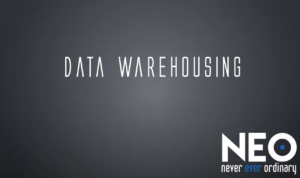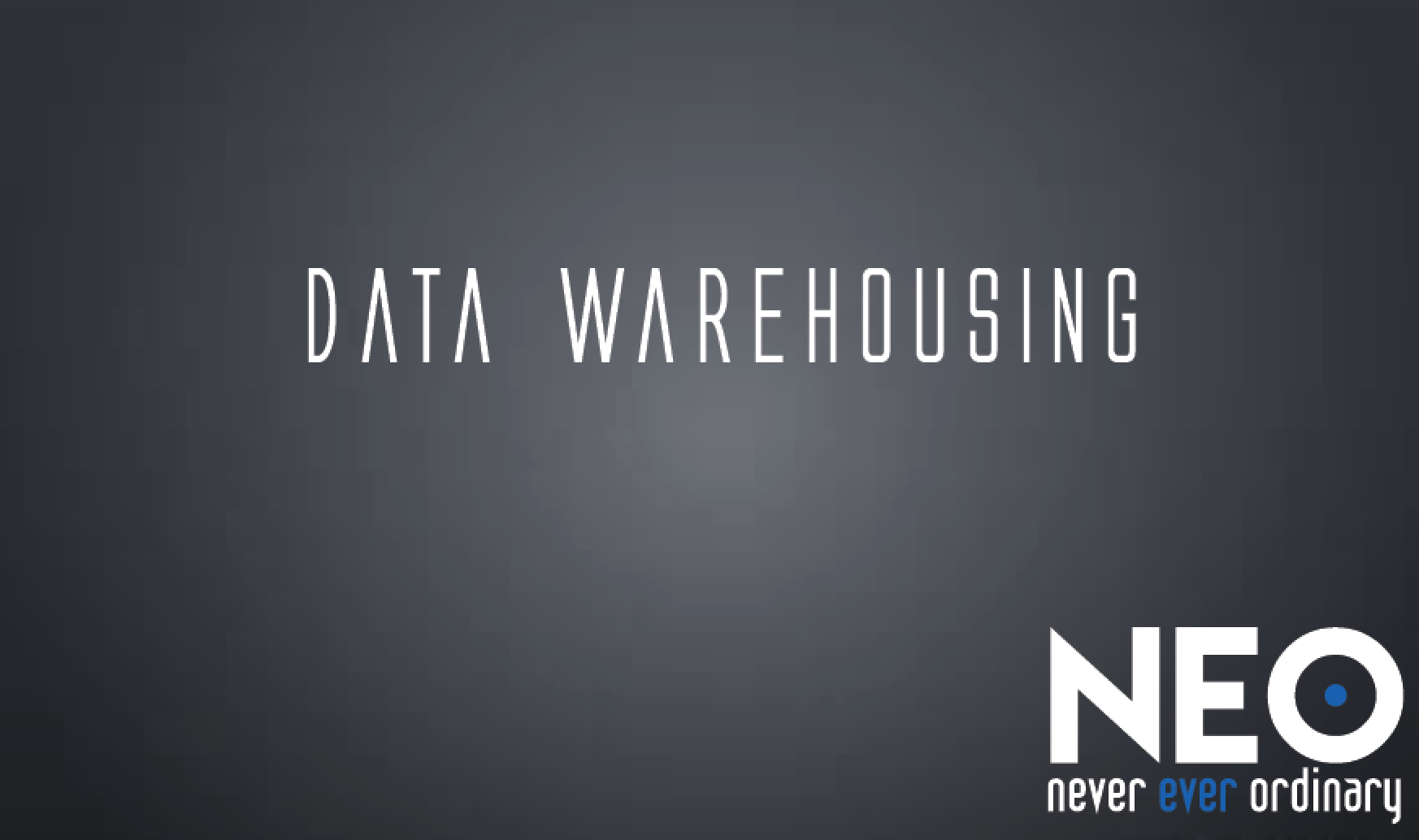
Let’s say your company wanted to collect and store all the data generated by customer activity and everyday business operations. Where would you store your data? You probably want to store it on a computer in one of your offices. On-site data storage is fairly secure… but is on-site data storage up for the task?
Think of all the big data that could be collected by your company: transaction details, call information, customer service details, purchase orders, shipping information, CRM task management, and the list goes on and on. The sheer volume of data generated by a business with a seven-figure annual revenue is more than a single computer can store on site. If you’re wanting to collect and store data for your business, I recommend looking at data warehousing.
Data Warehousing Basics
Data warehousing (DW or DWH for short) is “a technology that aggregates structured data from one or more sources so that it can be compared and analyzed for greater business intelligence.” It’s worth clarifying that data warehousing is not intended for immediate data recall, like a standard operational database.
Data warehouses are designed to collect and store massive amounts of data for long-term structure and access. Think of data warehousing like renting a storage unit at Public Storage or SmartStop. You probably don’t have your storage unit as organized as you like, but it’s safe, secure, and there when you need to pull out something valuable.
Data warehousing essentially gives your business all the storage space it needs to aggregate data from any relevant source. Why does this matter? Is data warehousing that important to your business? It may not seem like a mountain of unsorted data is important now, but I promise, you will be thankful for your stored data in the coming years.
What Does Data Warehousing Allow Your Business To Do?
The best decisions in business are based on empirical evidence, such as data contained in client surveys, purchase trends, year-to-date cash flow markers, and more. Data warehousing gives your company the necessary fuel to feed a data aggregator, such as a CRM algorithm, to identify money-saving or sales-generating trends in the future. Want to know what’s your most profitable week of business each year over the past ten years? Transaction and customer activity recorded and stored in your data warehouse can give you unprecedented insight to start answering that question.
Businesses are just starting to scratch the surface of data’s reach and potential. At the heart of implementing stored data is business intelligence. CIO defines business intelligence as the following:
“Business intelligence, or BI, is an umbrella term that refers to a variety of software applications used to analyze an organization’s raw data. BI as a discipline is made up of several related activities, including data mining, online analytical processing, querying and reporting.”
Business intelligence is empowering businesses with exact insight to ignite intentional growth into the future. When future economic trends start affecting entire industries, businesses who leverage their stored data for business action will have an immediate competitive advantage. What does this mean for your business?
Imagine having the ability to mine any volume of data for lost transactions. You could also extract any criteria of business activity to capitalize on new opportunities. What if your business could open up a new market sector just by using previously stored data? The right amount of data can also give you a reliable 360-degree perspective of your business and all personnel making an impact on your success.
Data integration allows you to build complete profiles for hyper-accurate marketing campaigns. Reducing ad waste will allow your sales and marketing personnel to start with optimal marketing-qualified leads. This means you’re not spending time talking with people who are not good fits for your company’s buyer profile. Better leads means a higher likelihood of maximizing sales from the first conversation.
Business intelligence curated from stored data in your data warehouse allows your company to understand how and where your staff spends their time. How often does a certain client call each month? How many emails does it take for the average prospect to convert their interest into confirmed sales? The ability to know how much each client (and each of your team members) is costing you provides clear-cut data to make the best business decision. Wouldn’t you rather know which team members are pulling their weight and which are not?
Data Ready To Use
All of these benefits are possible simply because you have the data at your disposal. No data warehouse, no opportunity to leverage data to increase dollars. If your business is not using data to make intelligent, concrete decisions, you will be left assuming what you’re doing is working well enough.
NEO can consolidate, integrate, and organize your enterprise’s data in a meaningful way with custom database warehousing and architecture solutions. Database architecture solutions mean we can build the right data warehouse for you with the right criteria to tag the appropriate data as it comes into storage. We work with a variety of data solutions, such as: SQL, MySQL, noSQL NEO4J, Big Data Solutions (example: Hadoop), and more.
We work with you and your team to help you know how to access your data from your system. If sorting through an entire data warehouse sounds daunting, we also have self-service business intelligence (BI) solutions to give you a simpler way to search your data.
The first step is starting a conversation about data collection and storage. We help you answer big questions, such as the following and more:
- “How much data do I need to store for my business?”
- “How frequently do I need to access my data warehouse?”
- “How secure is my business data warehouse?”
Click here to schedule your initial consultation with our NEO team. We are a Denver business intelligence firm built to help your business build a profitable relationship with data. We can help you collect data intentionally to power intelligent business growth.

